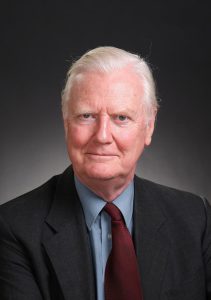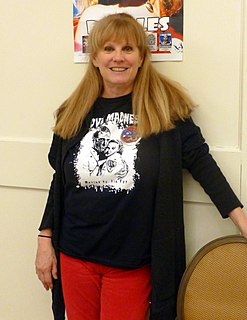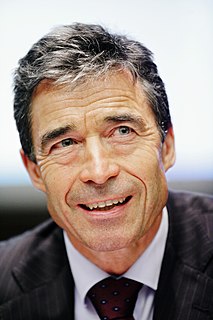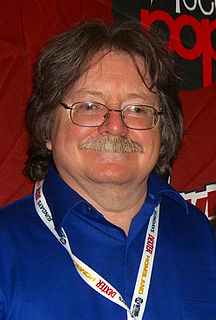A Quote by James Mirrlees
It became clear I wanted to be a development economist. I mean, I said I wanted to work on the economics of poor countries. And I'd actually say that I don't think that was so much about narrowing the gap as about increasing their incomes, which means economic growth, which is really my prime interest.
Related Quotes
There's an awful lot of misunderstanding here about what being poor actually means. I don't think people understand that being poor means you have to work from dawn until dusk just to survive through the day. I think there's some notion that poor people lie about all day not doing anything. It is remarkable how many misconceptions there are here about life in the developing world and I think that that knowledge gap has done a lot to contribute to the imbalance quite frankly.
My strategy to show caricature idea of American youth culture, which I think worked after talking about it for so many years, is that I had only a few things. I wanted to buy my own wardrobe for Rock 'N' Roll High School, which of course they said "Yes" to, because their clothing budget was $200, and I ended up spending my whole salary - which I think was about $2,100 - on my clothes. And also, any time I was onscreen, I wanted to have as much energy as I possibly could. I think it just really worked for the character.
Economics, over the years, has become more and more abstract and divorced from events in the real world. Economists, by and large, do not study the workings of the actual economic system. They theorize about it. As Ely Devons, an English economist, once said in a meeting: 'If economists wanted to study the horse, they wouldn't go around and look at horses. They'd sit in their studies and say to themselves, `What would I do if I were a horse?' '
I have been acting for almost 20 years now. At first it changed in my focus and how much I wanted to act. When I was younger, it was so much fun, and I really wanted it, but it was not competitive. Then I became a teenager and it became kind of competitive and not as much fun. I pulled back and I got lazy about it, where I was like, "Yeah, I guess, I'll do small parts in cool movies," but I wasn't really trying to say anything.
Keynes was a great economist. In every discipline, progress comes from people who make hypotheses, most of which turn out to be wrong, but all of which ultimately point to the right answer. Now Keynes, in 'The General Theory of Employment, Interest and Money,' set forth a hypothesis which was a beautiful one, and it really altered the shape of economics. But it turned out that it was a wrong hypothesis. That doesn't mean that he wasn't a great man!
When you think of sexual liberation, which women wanted to have or not have children, which is the choice, not a command, and other kinds of things they wanted in their relationships with their husbands, or partners or what have you, became for subsequent generations some license that they themselves feel, that is absolutely demeaning and mean younger and younger and younger.
The millennium development goals are important, both morally and economically, because much of the world's population maybe is as much as a third of the world's population hasn't yet reached the level of economic development where we begin to get a dissociation from people's economic status and their reports about personal happiness. So we really do need to do much more and much more effectively in order to give everyone the kind of basis for which they can have good vibes.
Thirty years ago, if you said the country was living beyond its means, people would have thought about economics. Now, if you talk about the country, or the planet living beyond its means, you think about the environment. We are taking out more than we are giving back. We are consuming energy, water, and other natural resources in a way that is leading to huge and often irreversible damage to the planet. So too are most other developed nations. And so too will China and India if they follow the same path of economic development as us




































